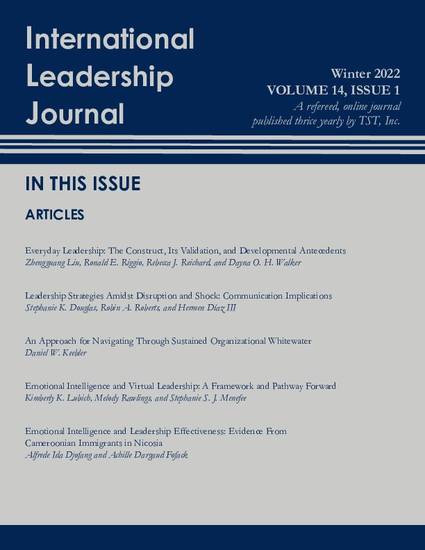
Leaders’ prompt communication about the COVID-19 pandemic was critical to stakeholders’ safety and knowledge about the uncertainty of organizational operations. In this study, the communication of various university leaders was analyzed in response to the new decade’s deadliest exogenous shock, the spread of the deadly COVID-19 virus. Content analysis of statements from a sample of leaders in public universities contained elements of situational, behavioral, and adaptive leadership. The analysis was conducted to identify leaders’ statements detailing contingencies being implemented for the survivability of their universities. Primarily studied were leader statements responding to the intensity and severity of the pandemic, rapid changes affecting the well-being of stakeholders, and essential organizational functioning. The findings of this study showed the need for institutional leaders to deliver prompt responses that quickly move people to action while paying attention to the multitude of stakeholder needs. Leaders communicating in situational, behavioral, and adaptive leadership were found to effectively communicate messages with clarity, meaning, and empathy that were responsive to the wave of uncertainty and shocks exacerbated by the COVID-19 pandemic.
